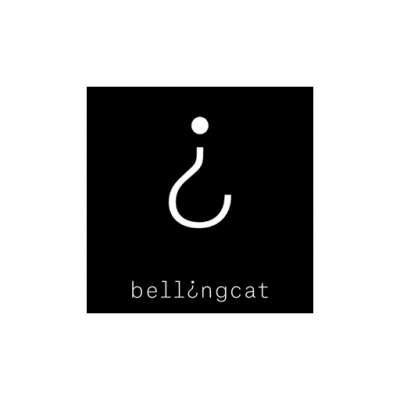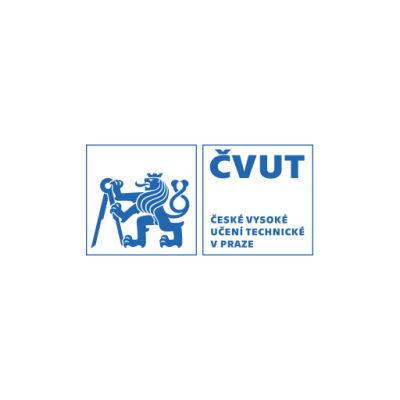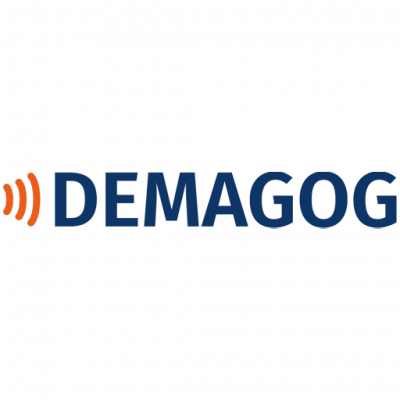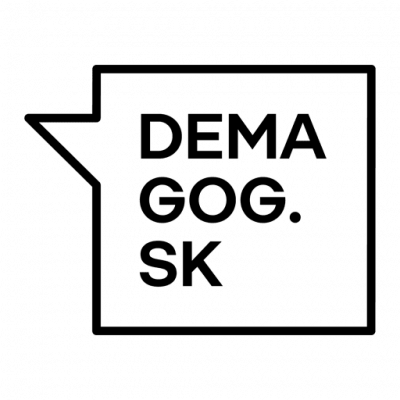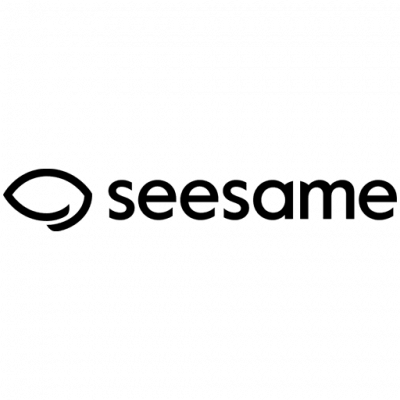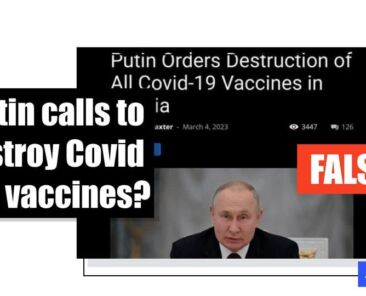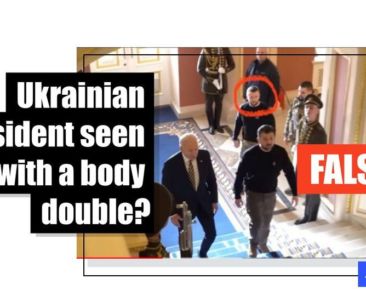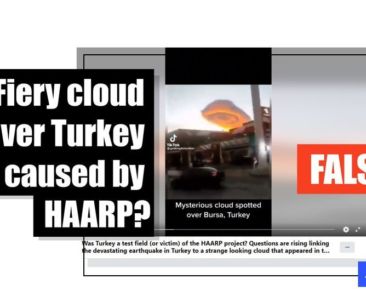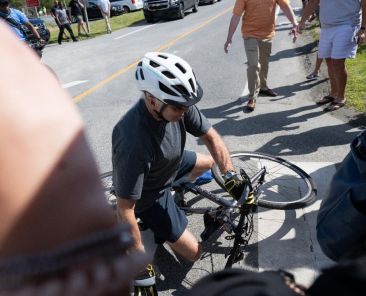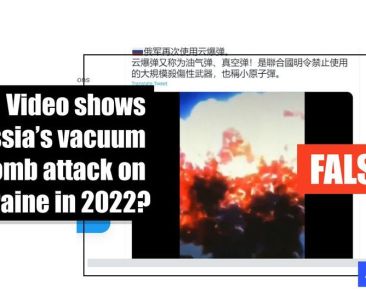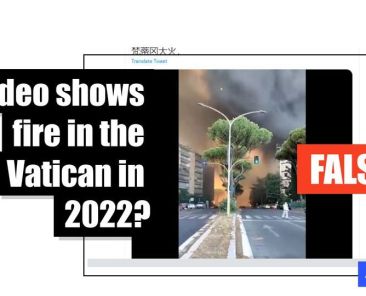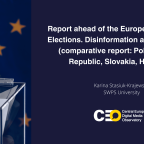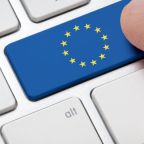About CEDMO
The Central European Digital Media Observatory (CEDMO), as an independent non-partisan multidisciplinary hub, aims to identify, research and prioritise the most critical sources and causes of information disorders in Central Europe (mainly the Czech Republic, Slovakia and Poland). This international consortium was created to propose a set of short and longer-term actions, as well as recommendations to help civil society, public institutions and the private sector respond to the declining trust in key institutions and help society to resist the effect of increasing exposure to mis- and disinformation.
By interacting and coordinating with European Digital Media Observatory (EDMO) and other regional EDMO hubs in EU, CEDMO will contribute to curbing threats posed by information disorders, including disenchantment with the democratic processes, and discord in civil society in Europe, and to building community and nation-wide resilience while protecting information ecosystems.
About CEDMO
The Central European Digital Media Observatory (CEDMO), as an independent non-partisan multidisciplinary hub, aims to identify, research and prioritise the most critical sources and causes of information disorders in Central Europe (mainly the Czech Republic, Slovakia and Poland). This international consortium was created to propose a set of short and longer-term actions, as well as recommendations to help civil society, public institutions and the private sector respond to the declining trust in key institutions and help society to resist the effect of increasing exposure to mis- and disinformation.
Our Partners
About CEDMO
The Central European Digital Media Observatory (CEDMO), as an independent non-partisan multidisciplinary hub, aims to identify, research and prioritise the most critical sources and causes of information disorders in Central Europe (mainly the Czech Republic, Slovakia and Poland). This international consortium was created to propose a set of short and longer-term actions, as well as recommendations to help civil society, public institutions and the private sector respond to the declining trust in key institutions and help society to resist the effect of increasing exposure to mis- and disinformation.
Our Partners
“Putin Orders Destruction of All Covid-19 Vaccines in Russia,” reads the headline of an article shared on Facebook.
“Polish TV accidentally showed not one double of Zelenskiy, but two at once,” says one February 25, 2023 tweet shared thousands of times.
“Joe is hated all over the world,” said “Catturd,” an account popular with supporters of former president Donald Trump, in a February 22, 2023 tweet sharing the image.
On February 10, 2023, a Facebook page called “Hope for Africa”, which has more than 400,000 followers, shared a TikTok video of a fiery-looking cloud with a large hole in the middle hovering in the sky.
“OMG,” said Kelli Ward, chair of Arizona’s Republican Party, in a June 18, 2022 tweet with an image of what appears to be a headline published by The Atlantic, a US magazine.
“The president of Poland has declared military mobilisation. Poland will enter Ukraine and join the Ukrainian military resistance!” reads the simplified-Chinese language claim posted on a Chinese microblogging website Weiboon May 8, 2022.
“The Russian army used thermobaric weapons again,” reads thistweet, which shared a video on March 3, 2022.
The one-minute, 56-second video was shared on Facebook here by a Malaysia-based user on June 29, 2022.
A July 29, 2022, tweet that has been shared and liked thousands of times makes the claim, sharing a screenshot of a text saying: “This is not food for mammals. Only BIRDS can process insect food in safe conditions. Birds digestion apparatus is COMPLETELY different as ours…”
“Big fire at the Vatican”, reads the simplified Chinese caption alongside the video posted on Twitter here on July 11.



